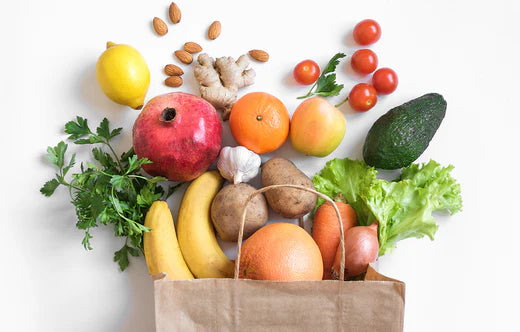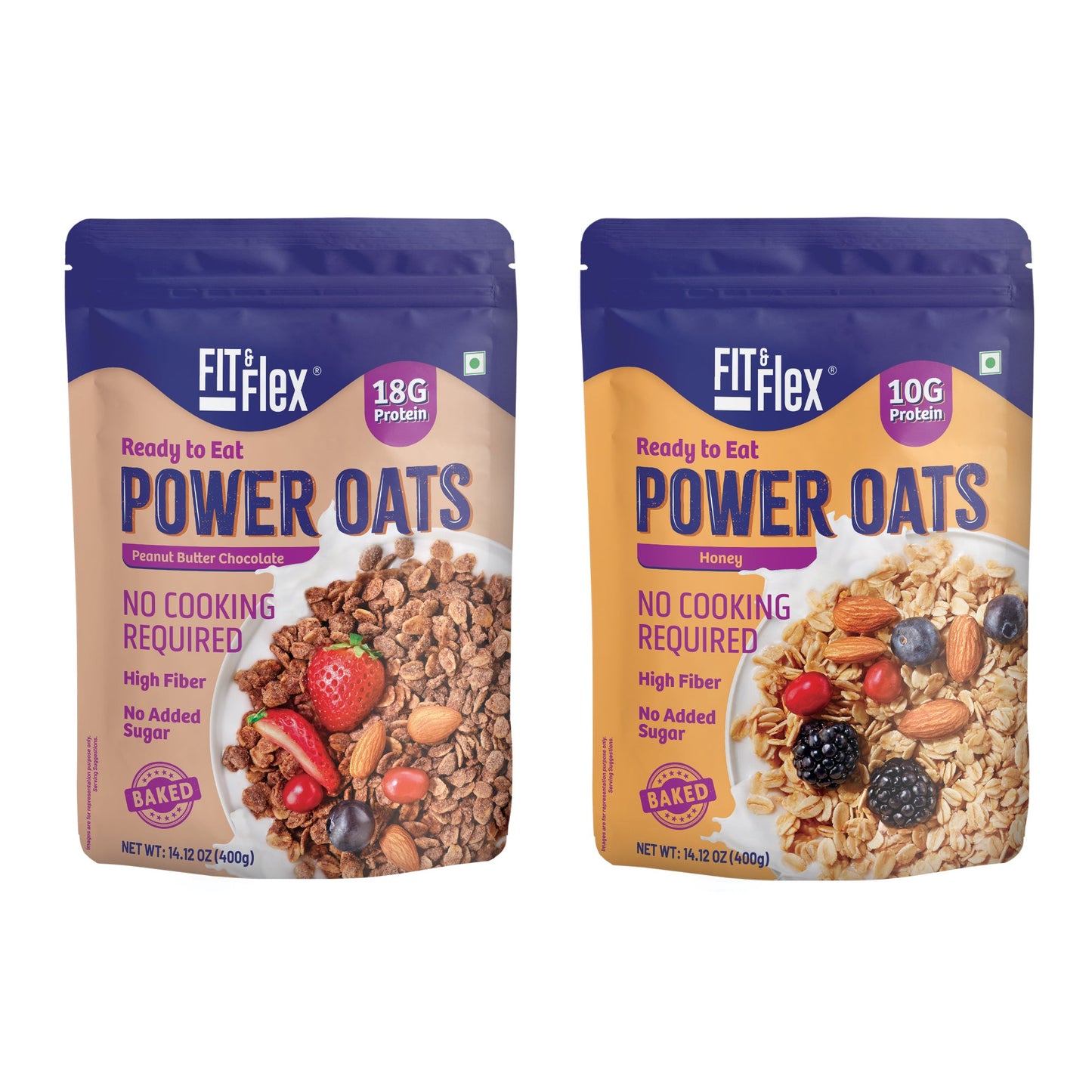Monsoon Diet: Immunity Boosting Rainy Season Fruits and Vegetables

Fruits And Veggies For Immune System
Eating with the seasons is a great way to eat fresh, especially during the monsoon season when everyone gets sick. You should ideally include plenty of fruits and vegetables in your diet, especially when the monsoon arrives. The rainy season provides a wide range of seasonal fruits and vegetables. These can present you with numerous health benefits.
The list goes on and on, from weight management to disease risk reduction. So, do not miss out on the delicious fruits and vegetables available during the rainy season. While the monsoon season causes a craving for all things fried and tasty, there are also plenty of fruits and vegetables available in the market that help fight infections and boost immunity. However, remember to thoroughly wash them and check to see if they are ready to eat.
In this article, you will learn more about the immunity-boosting fruits and vegetables that need to make their way into your pantry.
Source
List Of Rainy Season Fruits And Vegetables In India
The monsoon season brings with it a slew of bacterial infections that can harm your body and overall health. The majority of it gets determined by the foods you consume during the rainy season. If you’re unsure about which vegetables and fruits to buy at the grocery store, don’t worry because we’ve compiled a list of the best to eat during the monsoon season.
Consume seasonal fruits and vegetables to take advantage of their freshness and utilize their nutritional value. It is critical to boosting your immunity during the monsoon season because you are more likely to become ill. Eating healthy vegetables will help boost your immune system and keep you healthy.
Source
Top 5 Rainy Season Fruits To Include In Your Diet
Going local and seasonal not only lowers your carbon footprint but also guarantees that you get the most nutrients and minerals from your foods. Typically, produce is picked a little early so it can ripen when it arrives at the store. Early harvesting means they haven’t reached their copious nutritional value and aren’t as fresh when they arrive at your door.
With these considerations in mind, let’s look at some delicious seasonal fruits that will keep you fuller for longer during the monsoon and help you build your immunity.
Here are the top 5 rainy season fruits to include in your diet to boost your immune system.
1. Lychee or Litchi
Lychee is an Indian monsoon fruit that grows beautifully during the rainy season due to its high water content. This juicy, delicious fruit can assist the body in dealing with common colds, acidity, and digestion issues. Lychee is also beneficial to asthmatics who have difficulty breathing during the rainy season. In addition to these advantages, the lychee is a well-known immune booster for the human body.
2. Plums
The plum, a superfood that aids in cancer treatment, is one of the monsoon fruits that you can directly grow in your backyard. Consuming plums during the rainy season is a sure way to boost immunity and keep monsoon-related ailments at bay. They are high in vitamins C and K, as well as potassium, fiber, and copper. Plums are a must-eat during the monsoon season for their overall health and immunity benefits. And, they also can help with minor ailments such as constipation and acute diseases such as cancer.
3. Apples
It was always widely accepted that an apple a day keeps the doctor away. It is because the fruit contains all of the nutrients necessary for maintaining a healthy body. While eating apples is beneficial to the body all year, it is especially advantageous during the monsoon season. Apples are beneficial to your skin, bones, brain, and nervous system. Apples, high in phosphorus, iron, magnesium, and vitamins A, B1, B2, and C, are ideal monsoon fruits for people of all ages.
4. Jamun
Jamun is another superfood that is great for diabetic patients because it helps to regulate blood sugar levels. Not only that, but the fruit is also beneficial during the monsoon season, as it can effectively treat gastric problems that are common during the monsoon season. People who eat these Indian monsoon fruits can expect improvements in their blood circulation, liver, and kidney functions. Rich in vitamin C, fiber, and iron, which help boost immunity, Jamun can aid in keeping your body healthy.
5. Mangoes
Are you surprised? Most of us don’t consider mangoes as rainy-season fruits. However, some mango varieties can be grown during the monsoon season. Plant totapuri, chausa, langra, or kesar mango seeds and enjoy mango season until August. Eating mangoes during the monsoon season is ideal because the high levels of vitamin C help build immunity against common monsoon diseases. Mango can also be used in skincare to even out skin tone and leave you glowing.
If you want to keep your immune system in check and make sure you stay in the best of health this rainy season, it is time for you to stock up on these fruits that will make things easier for you, health-wise.
Source
Top 6 Rainy Season Vegetables To Include In Your Diet
It is one of everyone’s favorite seasons, and it is almost here in all its splendor. It gives us relief from the sweltering heat. We’re talking about monsoons here. During this season, you enjoy the cool morning breezes and the earthy smell of the wetland. While you kick back and find yourself admiring the rains, make sure you indulge in foods that make it easier for you to do so.
Keeping your immunity at the optimal level has never been this necessary, given the current global pandemic situation. Thus, you need to add a list of vegetables to your refrigerators or pick them out fresh from the garden to up your immunity and give your health priority.
Keeping your immunity at the optimal level has never been this necessary, given the current global pandemic situation. Thus, you need to add a list of vegetables to your refrigerators or pick them out fresh from the garden to up your immunity and give your health priority.
Here are the top 6 rainy seasons veggies to include in your diet to boost your immune system.
1. Bottle Gourd or Lauki
Bottle gourd, also known as lauki, has long been regarded as one of the best and healthiest vegetables available during this season. It is high in soluble and insoluble dietary fiber, which aids in maintaining a healthy digestive tract. Aside from that, it contains iron and is high in vitamins B and C, which aid in anti-oxidative properties. It is also a low-calorie diet, which helps keep your stomach light.
2. Bitter Gourd or Karela
Did you know that the humble karela is more beneficial to your health than spinach? It is one of the easiest monsoon vegetables to grow and has numerous health benefits. Bitter gourd is highly recommended during the monsoon season because it contains a high concentration of minerals, vitamin C, and antioxidants, all of which are necessary to protect the body from seasonal diseases. Furthermore, the vegetable regulates blood sugar levels, making it ideal for diabetic people.
3. Beetroot
Many of us have low hemoglobin levels. None of the other monsoon vegetables improves these levels as much as beetroot. Since beetroot contains high levels of manganese, fiber, vitamin C, potassium, and iron, it is a nutritional powerhouse. Consume it regularly as juice, soup, salad, or chips to reap health benefits such as improved blood circulation and blood pressure regulation. Because of beetroot’s high immunity levels, it is a prime example of a vegetable to eat during the rainy season.
4. Cucumber
Although cucumber can be grown all year, the monsoon season is ideal for growing this low-calorie snack. Cucumbers quickly grow due to the abundant supply of rainwater and the cool climate. Cucumbers are beneficial to the immune system and provide much-needed hydration to the body during the monsoon season. Potassium, manganese, copper, and vitamins A, B, C, and vitamin K, are present in cucumbers. You can use them in salads, sandwiches, as a snack, or infuse the water.
5. Tomato
The tomato is a fruit widely used as a vegetable and found in almost every cuisine globally. Growing and eating tomatoes is a delicious way to stay healthy during the monsoon season when immunity is usually compromised. Tomatoes are extremely simple to grow at home, and they benefit our bodies greatly during the monsoon season. Tomatoes’ high levels of vitamin C, vitamin K, and antioxidants help protect the body from common monsoon-related ailments.
6. Radish or Mooli
Who would have guessed that eating mooli is beneficial for your system? This monsoon season, grow and eat radish in abundance because it is advantageous to immunity-building during the rainy season. Radishes come in several shapes, sizes, and colors and are extremely simple to grow at home. They aid in digestion, hydration, and blood pressure regulation. The vitamin C in radish boosts immunity while also promoting tissue repair and growth. And there’s more. Eating radish can help you fight common colds and flu, which are frequent during the monsoon season.
Source
Now that you are aware of the vegetables that can keep your immunity in check, it is time to raid the grocery store or your garden and stock up. You will benefit plenty if you eat healthy to keep all the infections at bay.
Summary
The monsoon season, as well all know, brings respite from the sweltering heat but also helps spread bacteria and viruses. So, while you enjoy the rains, do not forget to eat healthy, seasonal, and local. These seasonal fruits and vegetables will provide you with plenty of nutrition to keep your body healthy and well.
However, if you do not find any good local produce or find yourself pressed for time, you can keep the Fit & Flex granola handy, especially for breakfast. It will keep you full longer and offer complete nutrition as well, along with the multiple flavors. Made of the finest ingredients and entirely baked, you can also snack on them any time of the day or night. You can begin your journey towards a healthier lifestyle with Fit & Flex Granola today!




